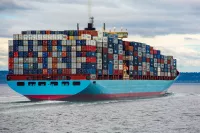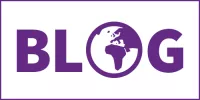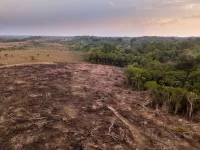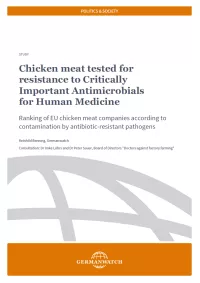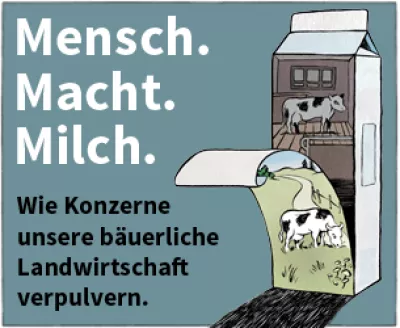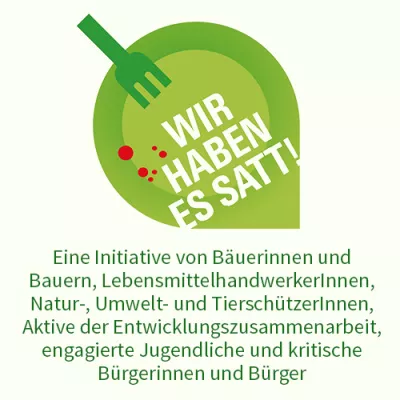Deutsche und EU-Agrarpolitik nachhaltig gestalten
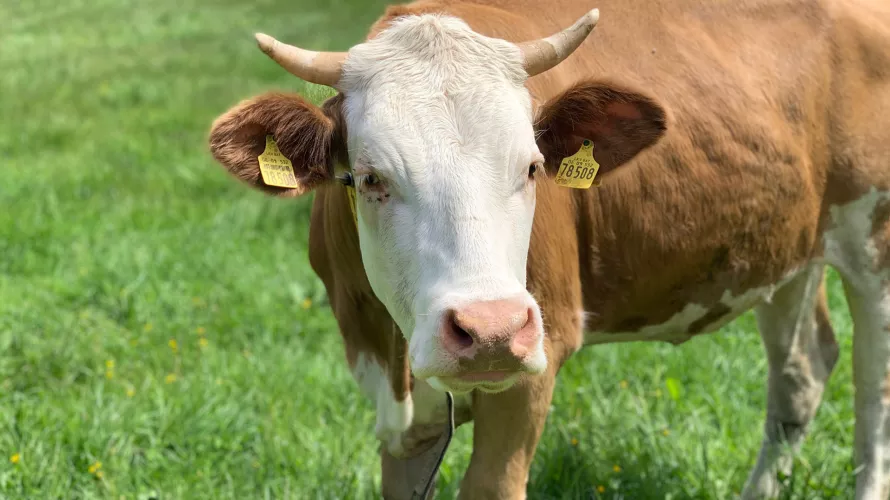
© Katharina Brandt
Die Gemeinsame Agrarpolitik (GAP) ist die älteste gemeinsame Politik der EU und verfügt über den größten Anteil des EU-Haushalts-Budgets. Die Gestaltung der GAP beeinflusst die europäischen Treibhausgasemissionen und die Erreichung der Klimaziele.
Diese kann durch Mindestanforderungen und finanzielle Entlohnung für die Umsetzung nachhaltiger Maßnahmen vorangetrieben werden. Die Gestaltung der GAP hat großen Einfluss auf die europäischen Treibhausgasemissionen und ist mitentscheidend dafür, ob die EU ihre Klimaziele bis 2030 erreichen wird.
Was ist das Problem?
Die EU-Direktzahlungen zur Einkommensunterstützung von Landwirt:innen sind zum Großteil an Fläche und nicht an Umwelt- Klima- und Biodiversitätsstandards gebunden. Dadurch wird ein Rahmen für intensive Landwirtschaft gesetzt - mit gravierenden Auswirkungen für Umwelt und Klima. Gerade mal ein Viertel der Direktzahlungen muss aktuell durch sogenannte Eco-Schemes an zusätzliche ökologische Kriterien gebunden werden. Dies treibt die Entwicklung hin zu mehr Großbetrieben und Monokulturen voran, wobei kleinere Höfe aus wirtschaftlichen Gründen zunehmend zum Aufgeben gezwungen werden.
Zusammenhang zur Zerstörung von Ökosystemen und Entwaldung
Die aktuelle Agrarpolitik verschärft die negative Entwicklung für Natur, Umwelt und Klima vor Ort. Durch den Import landwirtschaftlicher Erzeugnisse wie zum Beispiel Nahrungs- und Futtermittel nehmen Deutschland und die EU jedoch Einfluss auf Wertschöpfungsketten weltweit. Fehlende Regulierungen und Mindestanforderungen resultieren darin, dass für den Import von Rohstoffen zum Beispiel Regenwald zerstört und Menschenrechte in Anbaugebieten missachtet werden.
Was können Sie tun?

Bleiben Sie informiert und melden Sie sich zu unserem Newsletter an. Neben vielen weiteren Germanwatch-Themen halten wir Sie darüber auch immer wieder zu unserer Arbeit auf dem Laufenden.

Unterstützen Sie uns bei unserer täglichen Arbeit mit einer Spende. Schon kleine, regelmäßige Beträge helfen uns dabei, die Thematik immer wieder auf die politische Agenda zu setzen.
Gemeinsam können wir einen Wandel für eine nachhaltige deutsche und europäische Agrarpolitik bewirken.
Hintergrundartikel:
▸Studie zur Gemeinsame Agrarpolitik (GAP) - 2020
Aktuelle Veröffentlichungen zur Deutschen und EU-Agrarpolitik
Deforestation was one of the crucial issues at COP28 in Dubai. The negotiation outcome underscored its importance for the first time with a goal of ending global deforestation by 2030. Notwithstanding, deforestation continues. What exactly was decided at COP28? And where is more action needed?
The EU Commission announced the successful conclusion of negotiations on a regulation for deforestation-free products. Companies will therefore soon have to prove that no forest is cleared for the production of certain agricultural goods and wood products. An important step – but the law also has weaknesses. Germanwatch presents an initial assessment.
Germanwatch discloses: Chicken meat from the PHW-Group, Germany's largest poultry company, is almost 60 percent contaminated with antibiotic-resistant pathogens. This is the result of a Germanwatch study in which chicken meat samples from the three largest EU producers were tested in the laboratory. Every third sample even showed resistance to reserve antibiotics. These are emergency antibiotics that people need when other antibiotics no longer help. The more resistant pathogens are introduced into the food chain and into our kitchens with chicken meat, the greater the health risk that these last-line antibiotics will lose their effectiveness.


